42 can you trust organic labels
Are Green Labels Legitimate or Just Greenwashing? Some of the certifications we know we can all trust include the federal government's USDA Organic label for organically produced food, the ENERGY STAR label for energy efficient electronics and ... Which Organic Label Should You Trust? - Pathways to Family Wellness Products labeled simply "organic" must contain at least 95 percent organic ingredients. The label "made with organic ingredients" can contain anywhere between 70 to 95 percent organic ingredients. Organic products cannot be irradiated, and are not allowed to contain preservatives or flavor-enhancing chemicals.
USDA Organic: A No Antibiotics Label You Can Trust - Consumer Reports The "USDA Organic" label is one of the best guarantees that the animal didn't receive antibiotics. When it comes to poultry, however, organic birds can still be given antibiotic injections while...
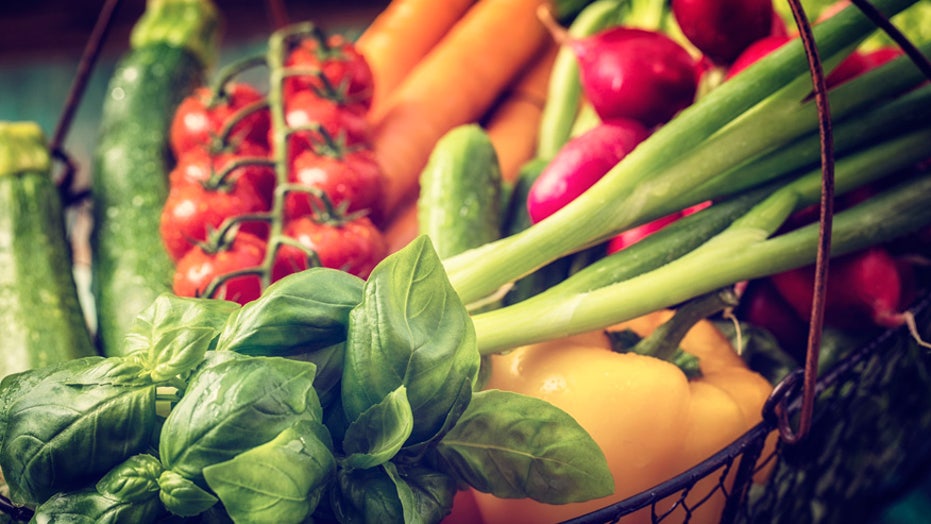
Can you trust organic labels
Can You Trust The 'Natural' Label? | Civil Eats We already have an entire organic program, which took an act of Congress to pass and 12 years to get into regulation so that it's now a verified label. Organic is not perfect, but it provides a way to hold food producers accountable. There isn't the same mechanism for "natural" at all. Can You Trust That Label -- Or Does It Hide a Food Scam?.html With content of more than 70% organic, the label can state only "Made with organic ingredients," while anything less than this may state "Organic ingredients." We know of no designation for 100% organic ingredients. If the logo isn't there, you can't be sure the product has organic content. Beyond the food label Can We Trust the Label "Organic"? - Sierra Club There are also other significant safety advantages to organic farming, because it reduces soil loss while it increases soil organic matter content. The biochemical and ecological characteristics of the soil are improved, while organically managed soils also have a higher water-holding capacity than conventionally managed soils.
Can you trust organic labels. Can You Trust Organic and Other Food Labels? - Lacto Bacto But actually the organic label on American grown foods is one that people can trust, and it means that a government agency (the US Department of Agriculture) has certified that the food was grown organically. Yes, there are standards for organic food. The worst label on a food is "natural' - it is totally meaningless. View it as a marketing ... Can You Trust That Organic Label On Imported Food? In their response to Laufer, organic industry executives say that the word "organic" is far more trustworthy than most labels you see on groceries. Unlike "natural," for instance, it really means... 'Organic' Food: Why Many Consumers Think The Label Is Hogwash | Time Anyone who wants to sell or market or label their product as organic has to follow the USDA regulations." Those regulations include rules that farmland must have been free of genetically modified... How to read food labels when you're looking for organic, ethical, or ... That said, only 95% of the ingredients used in the food need to be organic, which means some non-organic substances ( about 200, as The Washington Post reported) can be used. And while organic may ...
How to Avoid Deceptive 'Organic' Food Labels - Natural Society Whether it's a shampoo bottle or an 'organic' bag of chips, always look for the 'USDA Organic' certified seal. And for those who don't trust the seal itself due to some shady practices, I can recommend you look on the back and see which 'certifying body' was responsible for the seal. Oregon Tilth is, generally speaking, at the ... Which Sustainable Food Certifications Can You Trust - Fork in the Road 👉 Should you trust the USDA Organic certification? Yes, if you are concerned with eating organic foods then the USDA Organic label is a trustworthy source. However, if you have strong feelings about biodiversity and ecosystem preservation, the USDA label may not be enough. Demeter Biodynamic Labeling Organic Products | Agricultural Marketing Service Used to label any product that contains 100 percent organic ingredients (excluding salt and water, which are considered natural) Most raw, unprocessed or minimally processed farm crops can be labeled "100 percent organic" PDP: May include USDA organic seal and/or 100 percent organic claim Twenty-Six Percent of U.S. Consumers Trust Organic Food Labels A "lack of faith" in organic claims has resulted in just 26 percent of U.S. consumers saying they trust organic food labels, according to a new report by market research firm Mintel Group Ltd. The report, "The Natural/Organic Food Shopper - US," indicates that authenticity and price are purchase deterrents, even among organic shoppers. For ...
Is the Organic Label as Valuable as You Thought? - NYC Food Policy ... In spite of growing consumer demand, only 26 percent of consumers say they trust organic food labels, according to a Mintel report. Turns out, that mistrust may be misplaced. "Consumers should trust the label, as it's a robust control system in place around the world," says Miles McEvoy, former deputy administrator of the NOP. How Much Can You Trust That Food Label? - Wise Bread The "Organic" label means that at least 95% of the food product's ingredients are organic. Anything labeled "Made with Organic Ingredients" has at least 70% certified organic ingredients. It's... Sustainable Food Labels: What Do They Mean? 6 Sustainable Food Labels You Can Trust . Certified Organic . The Certified USDA Organic label is a reliable program that ensures food is grown through the exclusion of most synthetic fertilizers, chemicals, or chemical sludge. It symbolizes that the methods of production and process in which organic foods are grown have been approved. Can Consumers Trust the 'USDA Organic' Label on Food Products from China? The U.S. government is clueless about how much organic food is imported from China. The Department of Commerce uses hundreds of 10-digit codes to track and report imports. But there is no code to identify organic products. As a result both the USDA and the Commerce Department lack information on how much organic food is imported, whether it is ...
Is the Organic Label as Valuable as You Thought? Food labels are a dime a dozen these days. Yet while many hold little to no merit-think "natural" and "free-range"- others like "organic," must comply with strict government standards. The demand for organic is reaching a fever pitch. Question is, though, can consumers trust the label or does it bear too many blemishes to have ...
No, the Organic Label is Not a Marketing Scam - Rodale Institute The USDA Certified Organic seal is a stamp of approval that the farm or business is in compliance with the rules, and you can trust it. Farmers who wish to sell their product with the USDA Certified Organic label must undergo a thorough review and audit process Part 3: A brief history of organic certification
Organic labelling - how to tell if it's the real deal | FOODWISE Organics certification groups also keep an eye on the labels 'GE free' and 'GMO free'. Organic farming methods prohibit genetic engineering and modification but according to Lyn Austin it is hard to monitor. She explains that it is nearly impossible to test products to the point you can be confident no genetically modified elements exist.
Understanding the USDA Organic Label The USDA organic seal is an official mark protected by federal regulation and overseen by the AMS National Organic Program (NOP). The USDA organic standards allows the seal to be printed in full color, which includes a specific shade of green, brown, and white, or it can be printed in black and white.
Can You Really Trust Labels Claiming To Be Organic? Can You Really Trust Labels Claiming To Be Organic? It wasn't that long ago that eating organic foods and using organic products was considered a fad - a passing craze. Organic products ranged from paper toilet paper to vegetables, and when you purchased organic products, it meant you were helping the environment.
Organic Mattress Labels You Can Trust - Consumer Reports Organic Mattress Labels You Can Trust CR examines three that merit consideration, plus five that are only somewhat meaningful By Haniya Rae Updated May 18, 2020 1 Concerned about chemicals in your...
Natural vs. Organic: Does The Label Matter? - Rodale Institute Short answer: Yes! When walking through the grocery store, consumers are bombarded by dozens of labels claiming "100% natural," "all-natural," "organic," and "non-GMO," to name a few. Without a clear-cut definition of "natural" when it comes to food, it is easy to assume that natural and organic food are more-or-less the same.
Organic - Greener Choices Food can only be labeled "organic" if it is has been certified by a USDA-accredited certification agency and meets all the requirements in the U.S. Department of Agriculture's organic standards. Those standards are available in the Code of Federal Regulations (7 CFR 205). The federal organic standards include requirements for: §205.202 Land
When you can't trust a label - Sustainable America Natural, organic, fair-trade, these are all labels on our food that we have come to trust, labels that we believe tell us our purchases are good for us, good for the environment, that the people who grew our food were treated well. But who sets the standards for the labeling and who keeps track of those standards if there are any?
Does an organic label mean anything? - Scienceline Alternative labels are springing up. You may think the organic label guarantees that you are getting sustainably grown, small-production produce and you aren't. The best thing to do is buy from farmer's markets, get to know your farmer, so you can trust that what she does to grow her produce is safe and sustainable.
Can We Trust the Label "Organic"? - Sierra Club There are also other significant safety advantages to organic farming, because it reduces soil loss while it increases soil organic matter content. The biochemical and ecological characteristics of the soil are improved, while organically managed soils also have a higher water-holding capacity than conventionally managed soils.
Can You Trust That Label -- Or Does It Hide a Food Scam?.html With content of more than 70% organic, the label can state only "Made with organic ingredients," while anything less than this may state "Organic ingredients." We know of no designation for 100% organic ingredients. If the logo isn't there, you can't be sure the product has organic content. Beyond the food label
Can You Trust The 'Natural' Label? | Civil Eats We already have an entire organic program, which took an act of Congress to pass and 12 years to get into regulation so that it's now a verified label. Organic is not perfect, but it provides a way to hold food producers accountable. There isn't the same mechanism for "natural" at all.

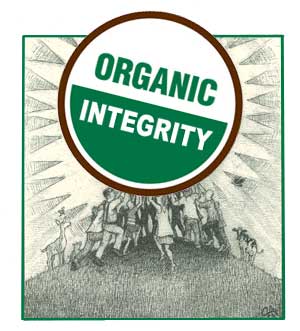
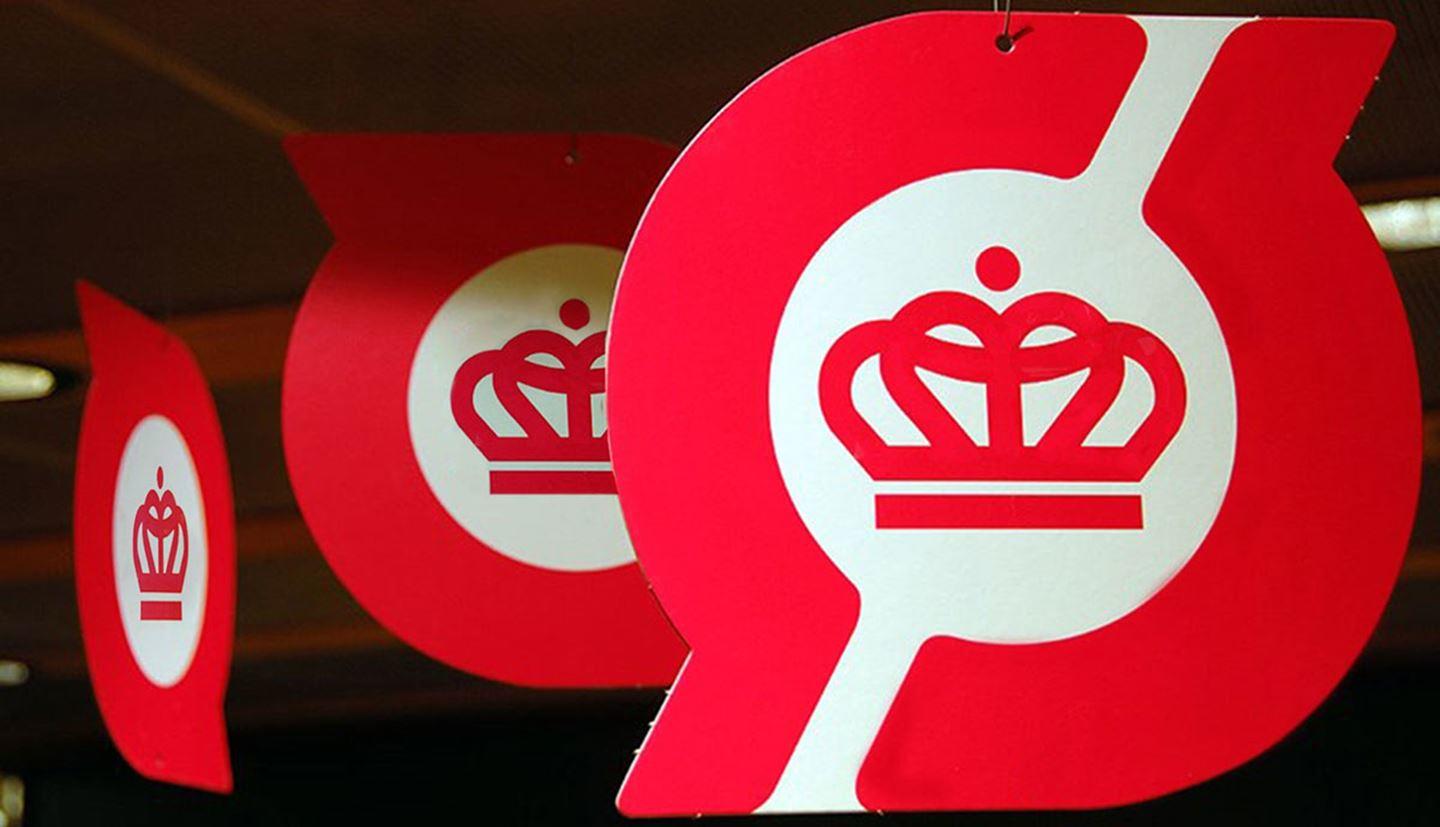



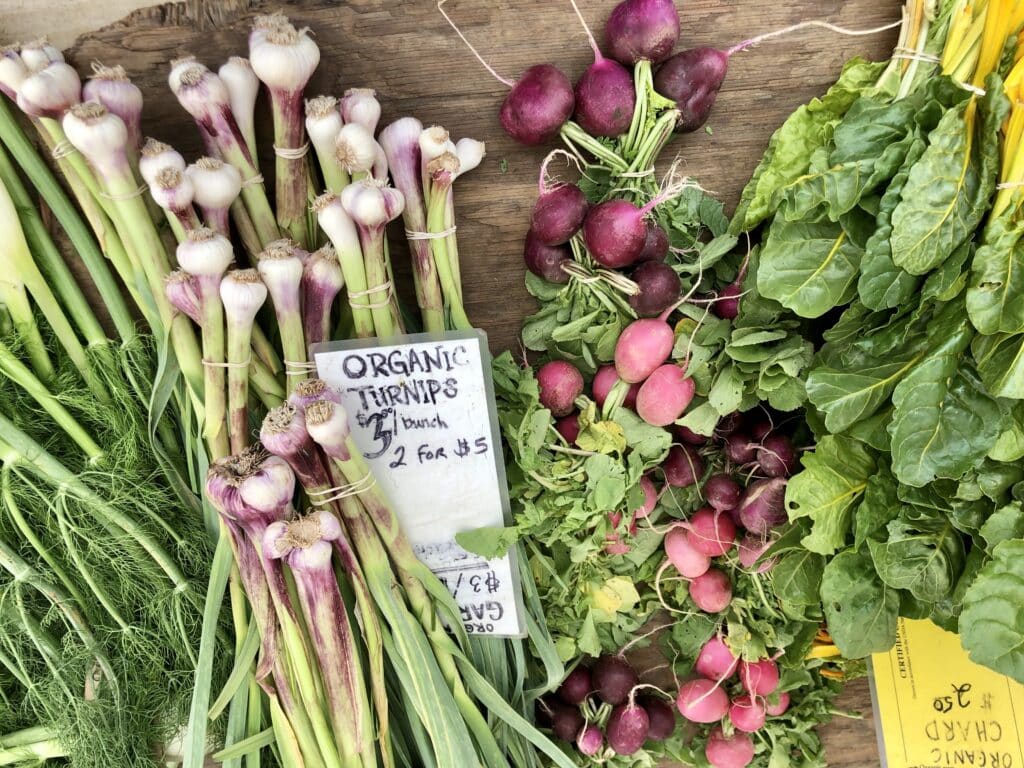




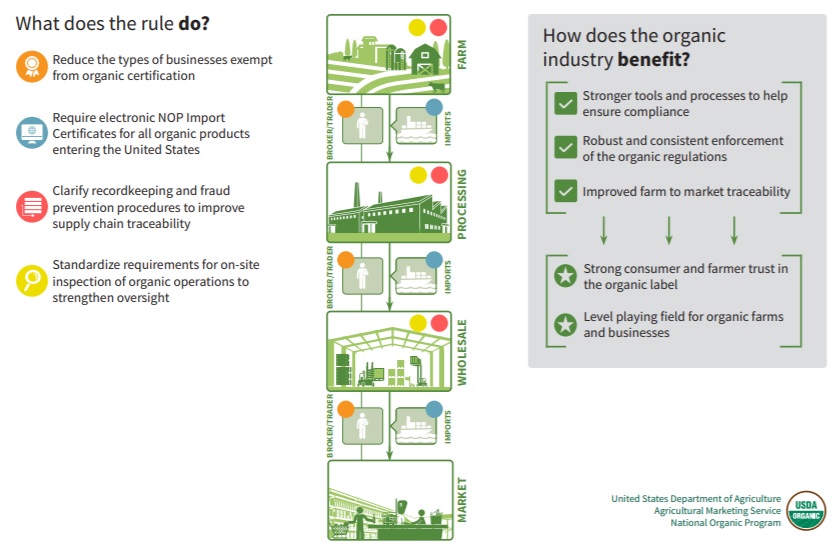

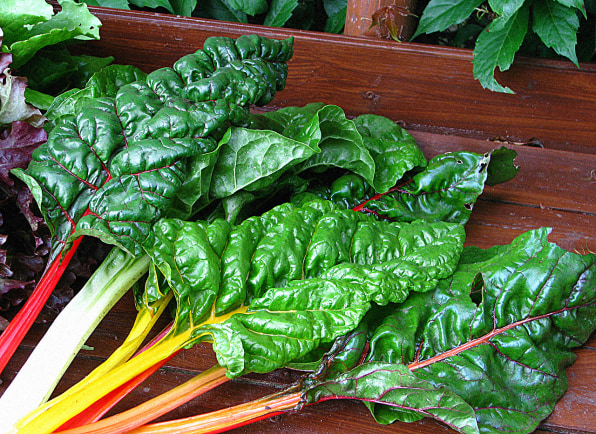

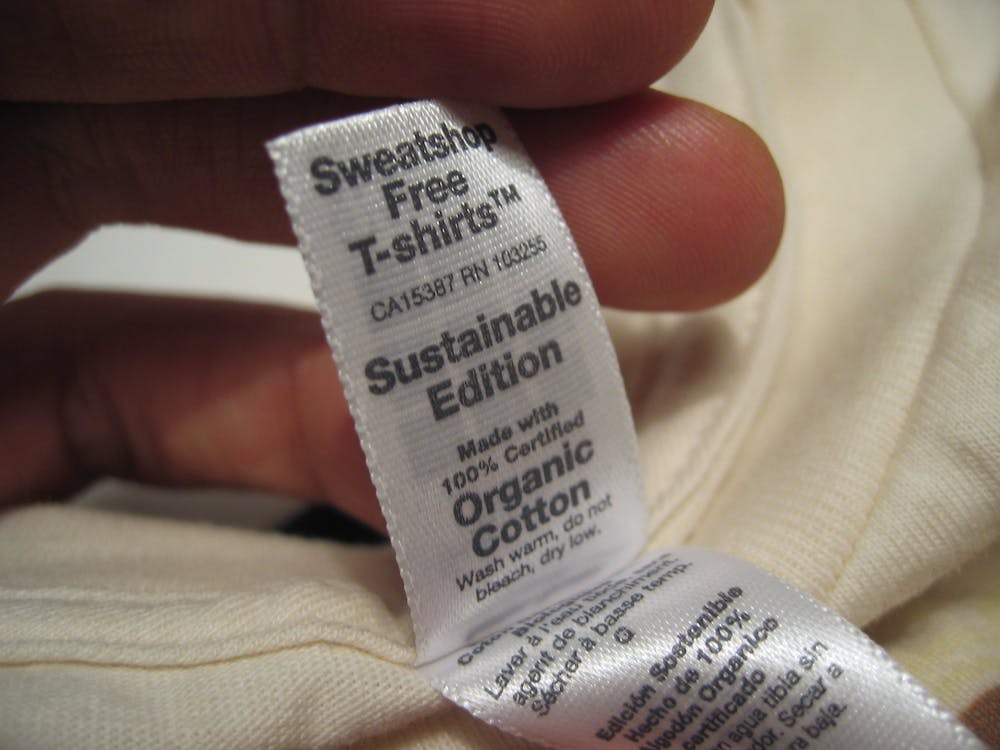


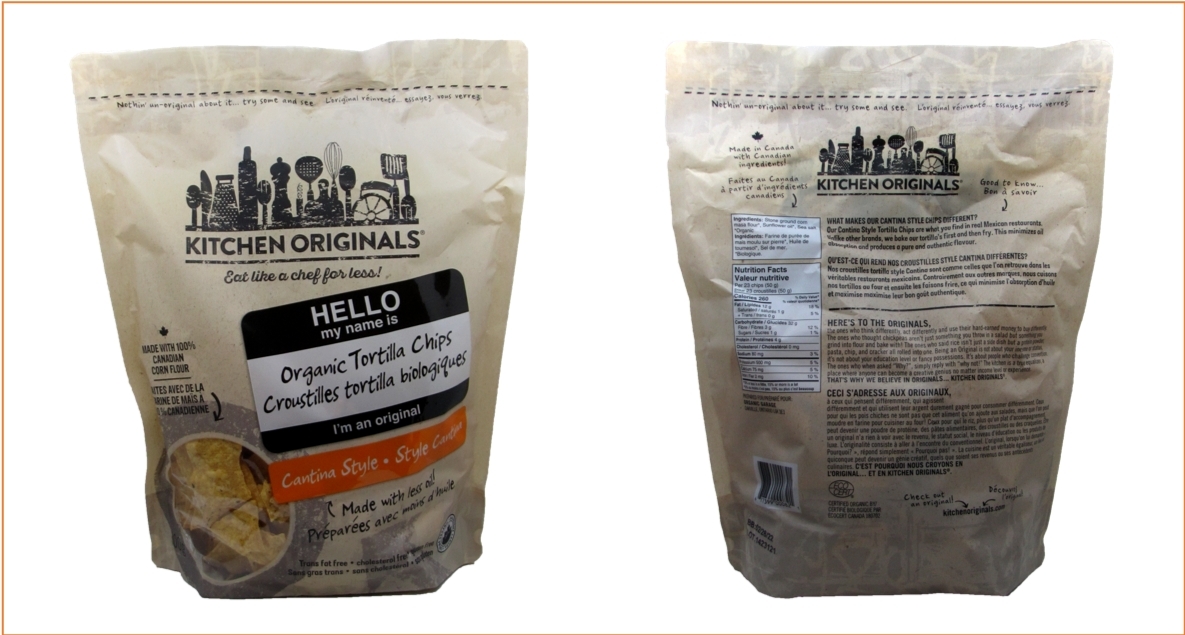
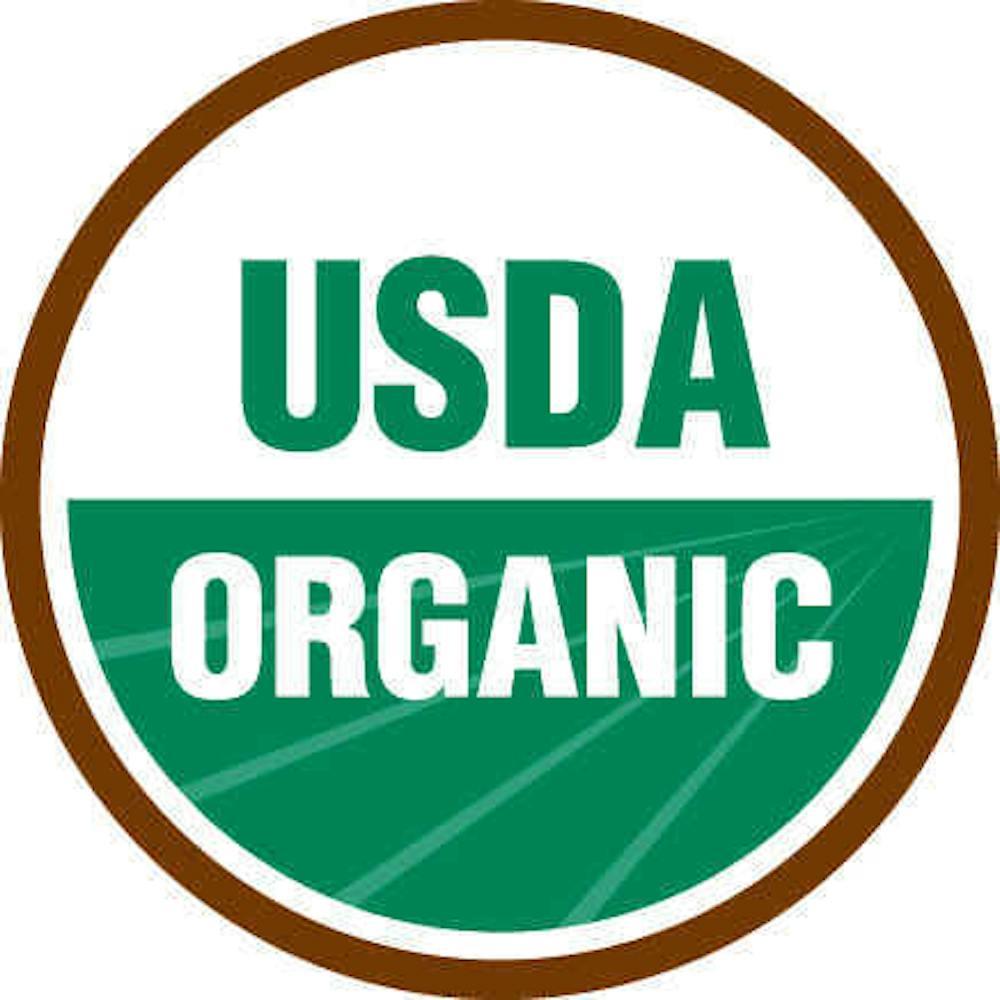
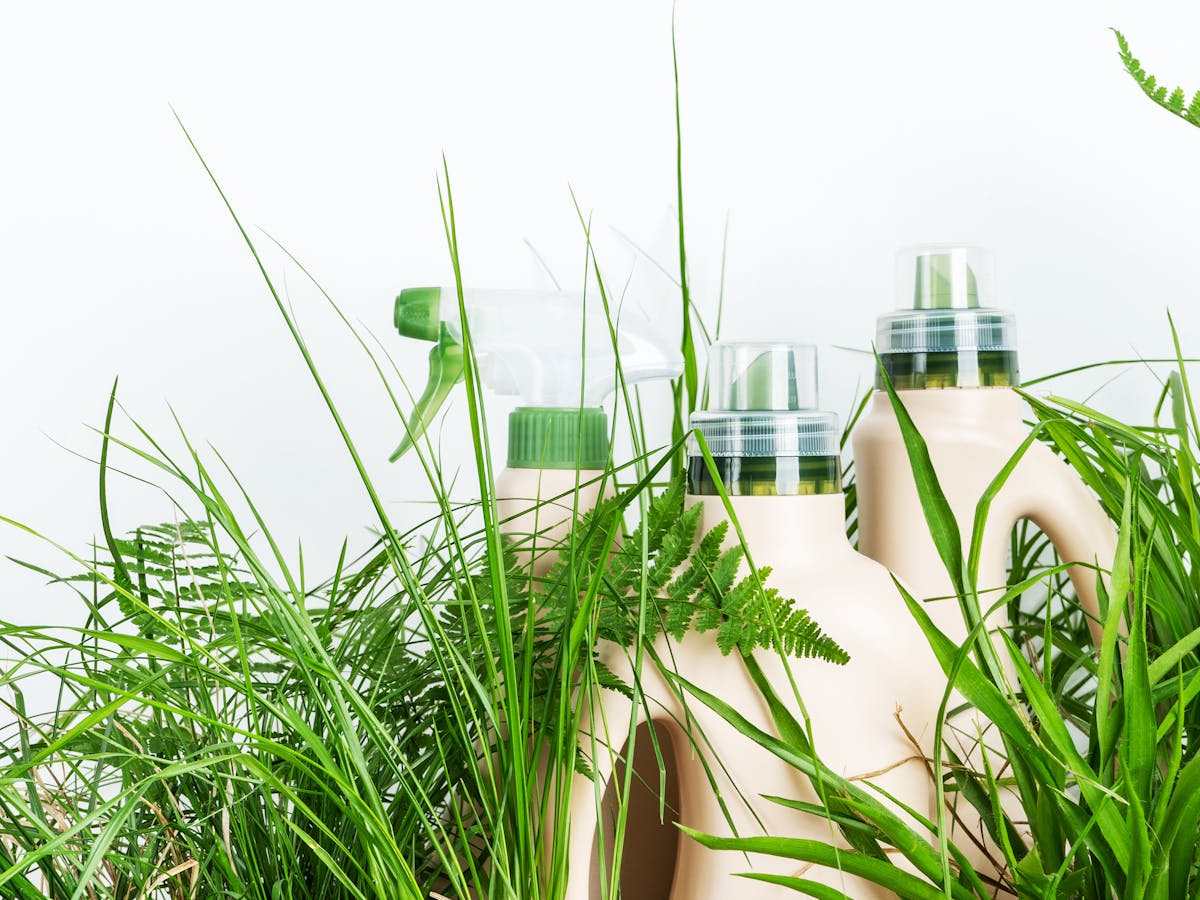


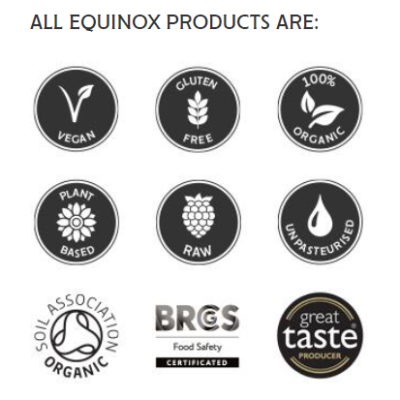



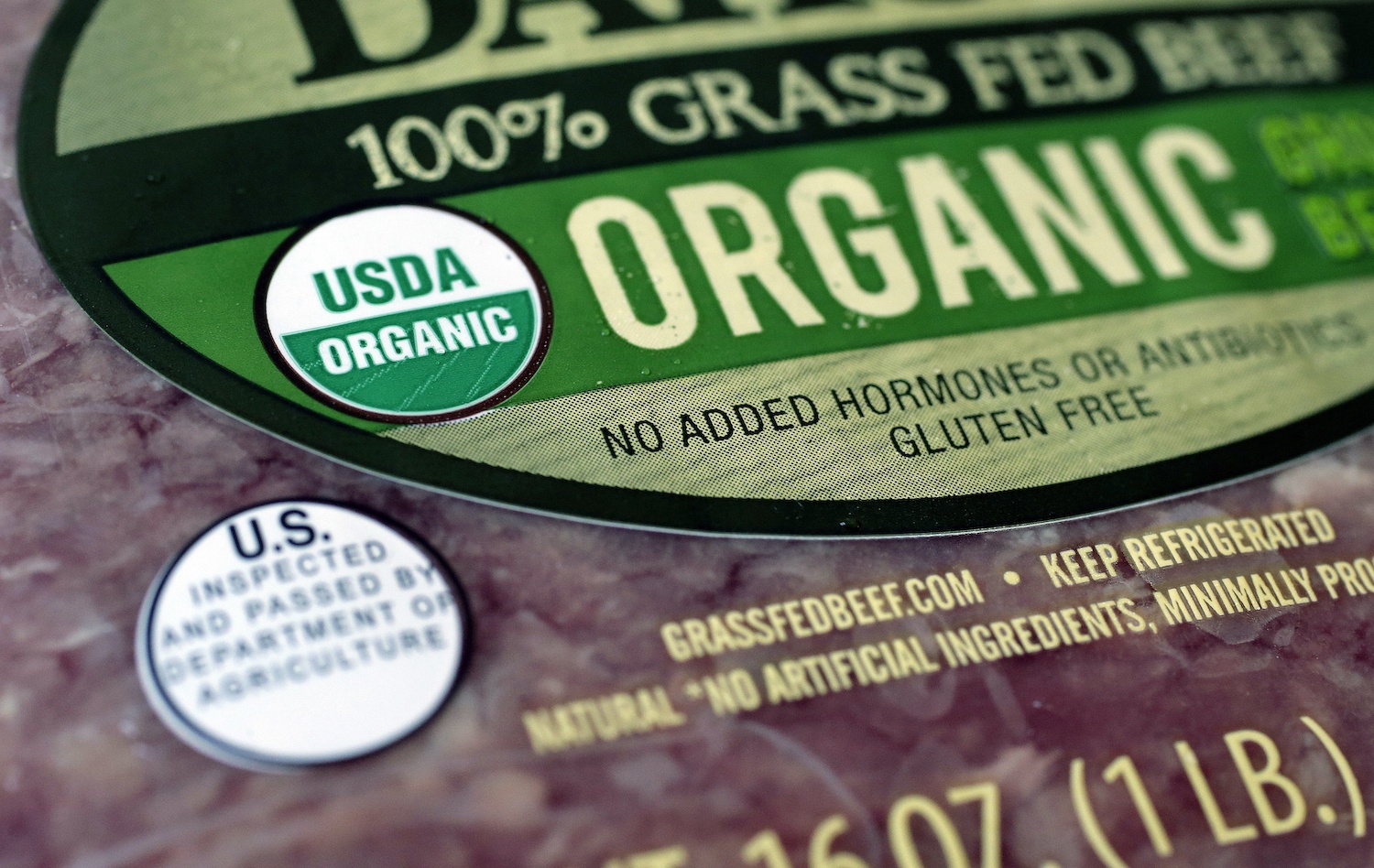


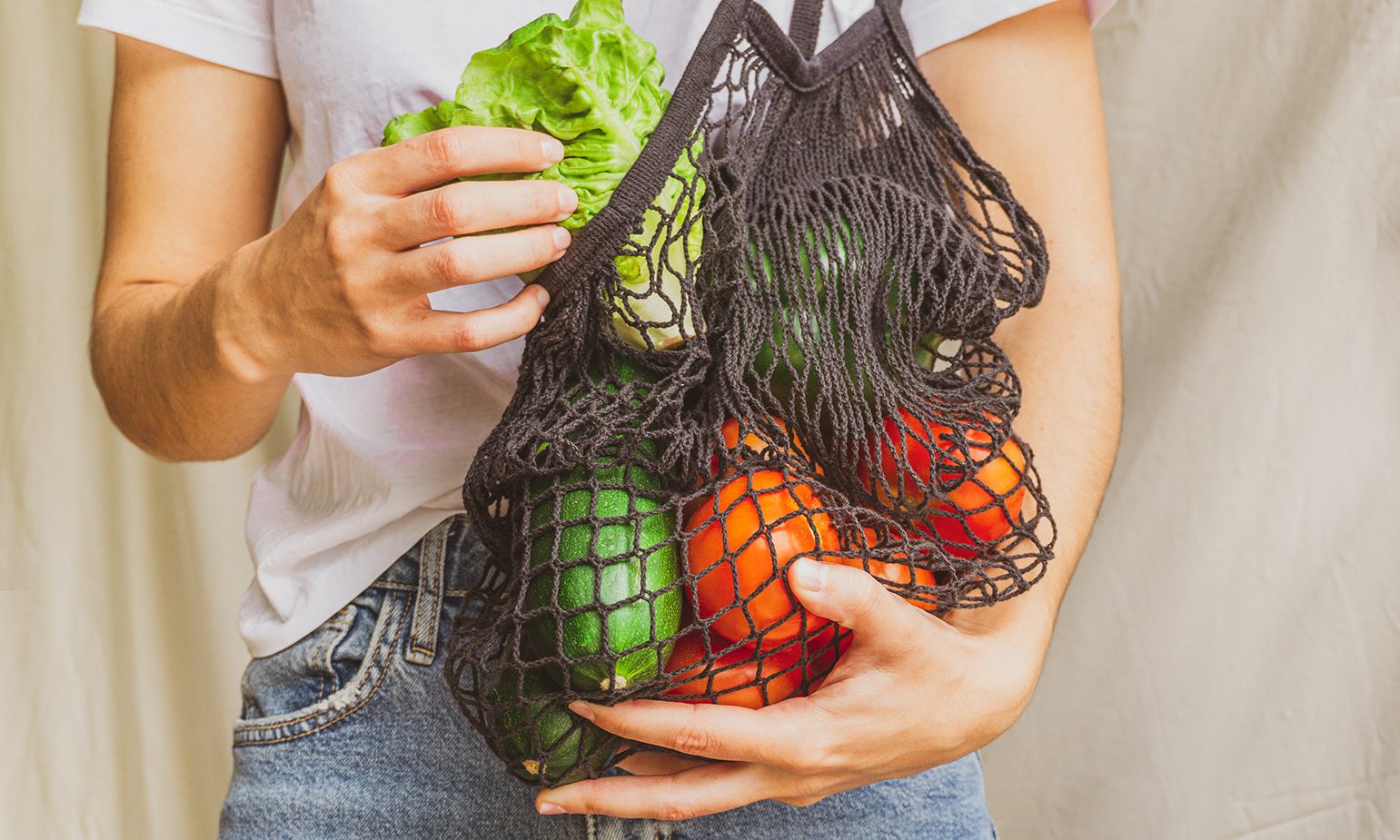


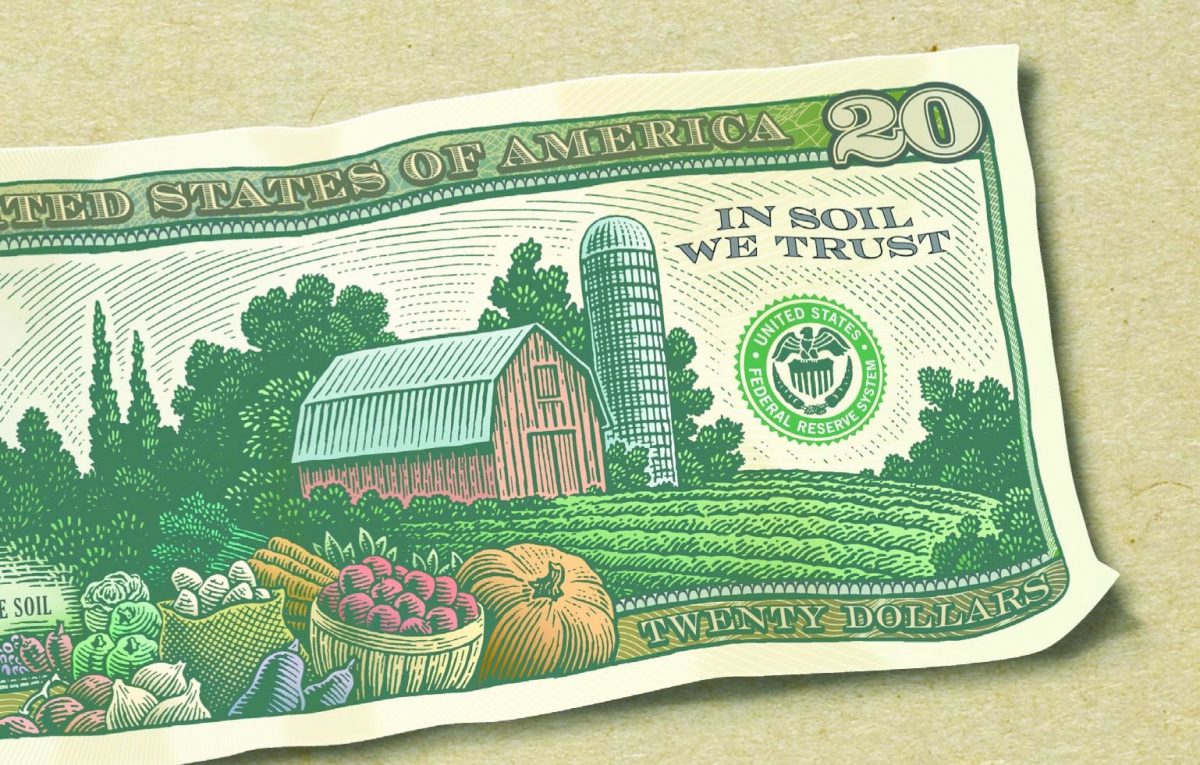
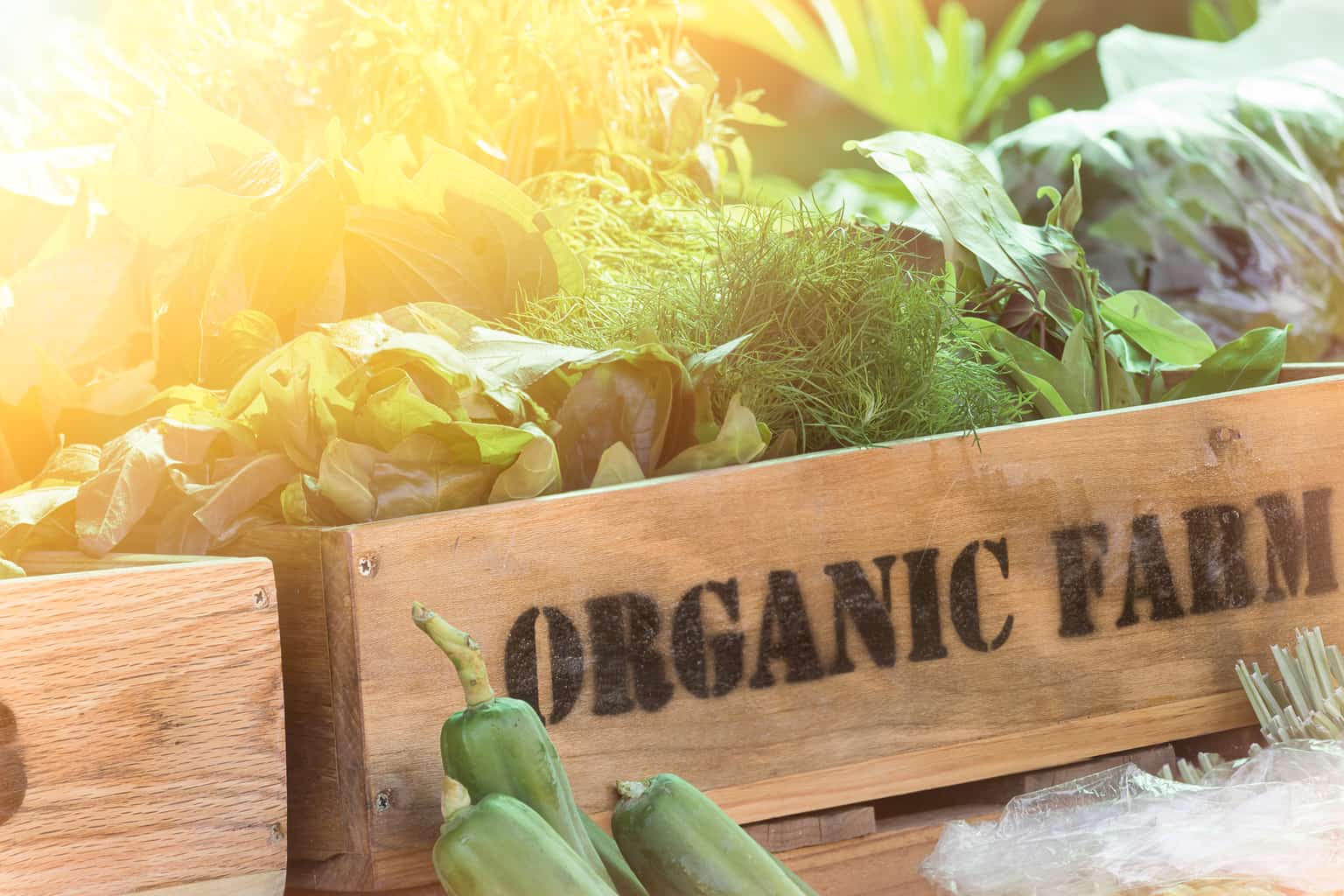

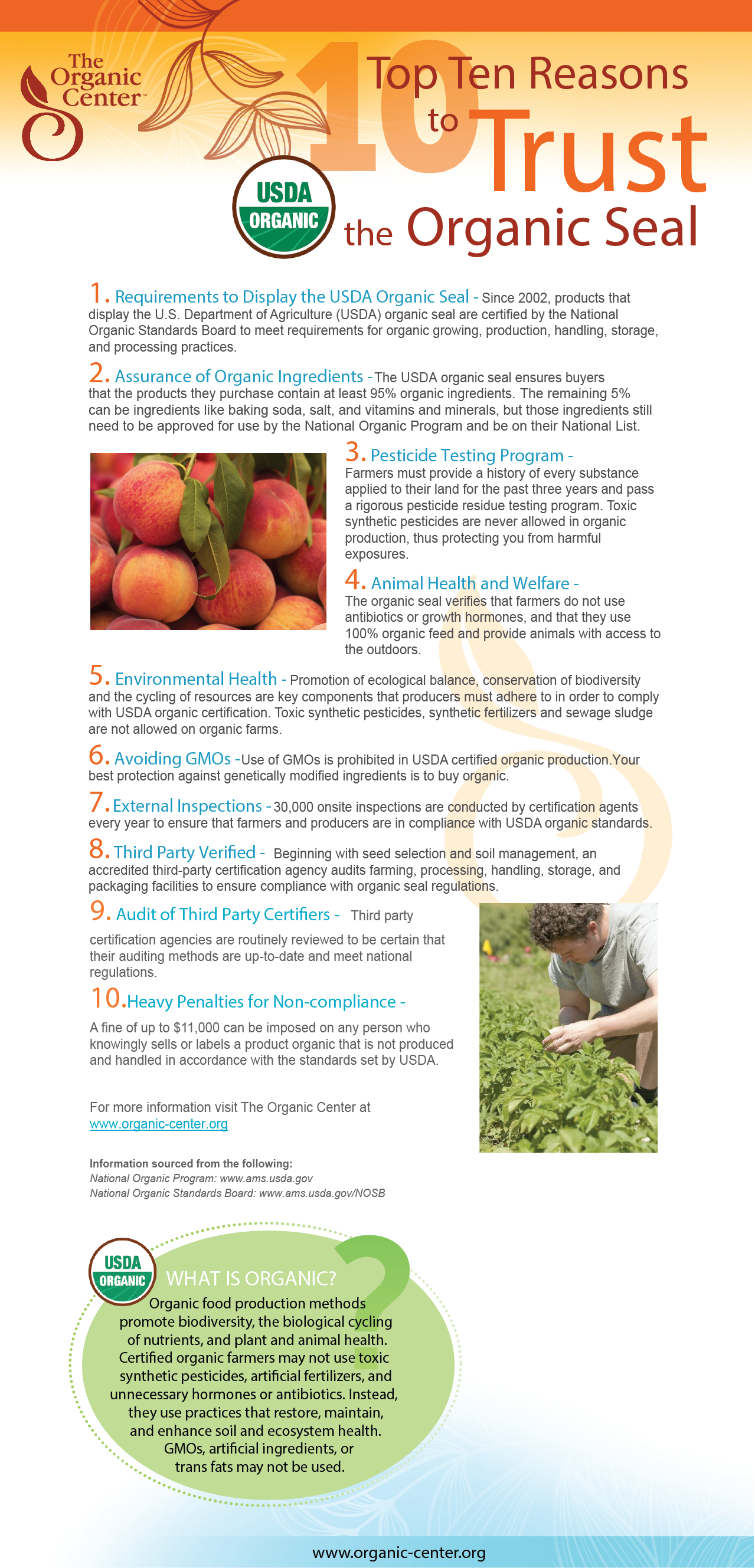
Post a Comment for "42 can you trust organic labels"